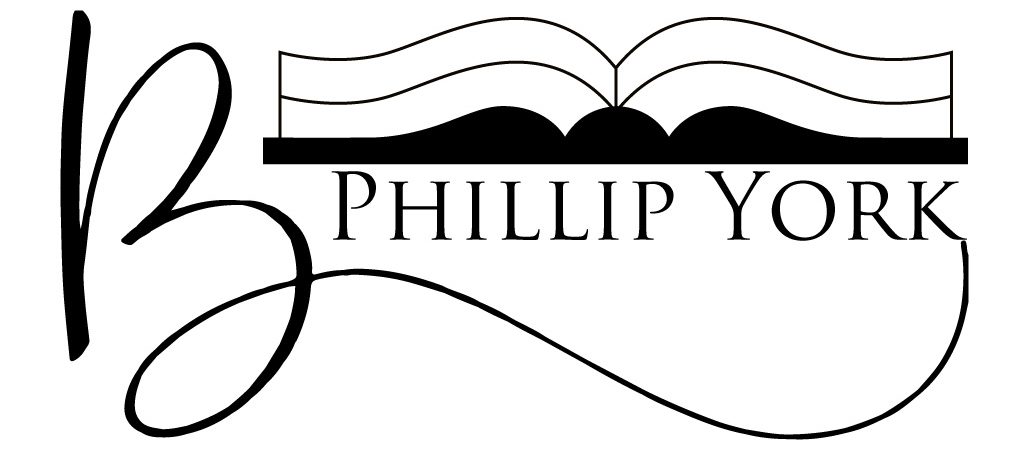For most of my life, I’ve wavered between wanting to be a writer and thinking of myself as a writer as I stumbled down the many twisty paths and alleyways of life. When I say “to be a writer” I mean something far more specific than simply someone who writes because we all write: notes, checks, e-mails, texts. I mean, when I say those words for myself, someone who makes a living solely writing fiction. So it’s a goal for the future, but one which I finally decided I should do my utmost to achieve.
But when I first had this realization about myself, I was afraid that I could not be a writer, in that sense, ever. Because I do not write in the way that many of the writers whose works I’ve read, talk about writing: in the divinely inspired, muse flavored, near madness, poetical mode. Which is not to say that the muse never strikes me, or that I’m never inspired and dash off a couple of thousand words in very rapid succession. But because whenever I read writers write about writing, I read about that kind of writing.

Then I read Poe. I read The Raven. Then I read about Poe. I found out that Poe was in his life more of a literary critic than anything else. Then I read “The Philosophy of Composition”. It changed my way of thinking about writing, about myself, and in a sense saved for me my dream of being a writer. Suddenly I became aware that one does not have to be struck in the face with a lightning bolt of inspiration. One can write entirely differently, planned, analytical, methodical. Deliberately.
This is how I write. And truth be told, Poe is not my favorite writer. He’s good, even great, but his works don’t resonate that perfectly with me. He’s not my favorite novelist, not my favorite playwright, not my favorite short story writer, not my favorite poet. He is my favorite literary critic, and he’s the one that rescued me from fear I could never be a writer because he taught me that you can write in the way that you want, in the way that works for you, and not in the way that writers romanticize about.

